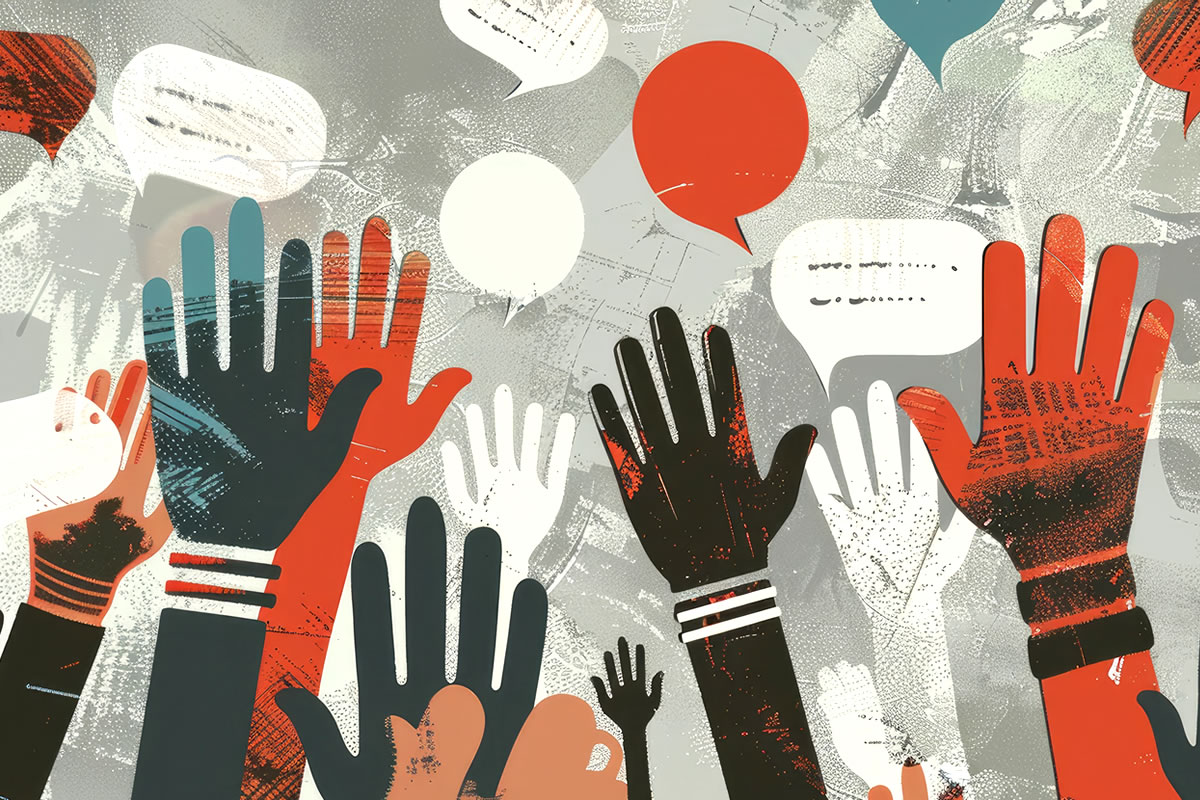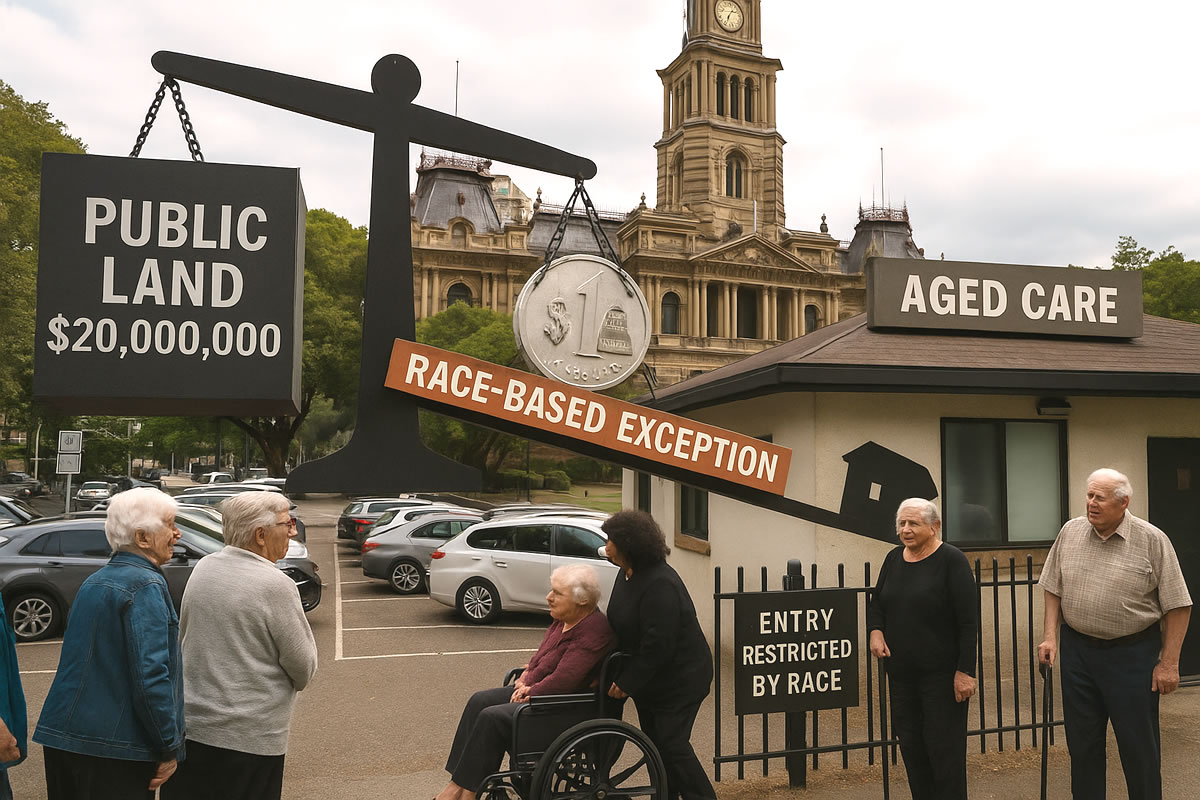On October 14, 2023, Australians voted decisively against the proposal to enshrine an Indigenous Voice to Parliament in the Constitution. The referendum, which aimed to establish a race-based advisory body to the federal government, was rejected in every state and secured only 39.9% of the national vote. This result sent a strong and unequivocal message: Australians are not comfortable institutionalising racial divisions within the nation’s highest legal document.
To understand the depth of this public sentiment, one must revisit the historical backdrop of reconciliation in Australia. The 1967 referendum, which granted the federal government power to make laws for Indigenous Australians and included them in the census, was a landmark moment. Subsequent initiatives, such as the Council for Aboriginal Reconciliation in the 1990s and Prime Minister Kevin Rudd’s 2008 national apology for the Stolen Generations, were steps aimed at healing historical wounds. However, these efforts have not been without controversy, especially when they veer into policies that divide citizens by race rather than unite them by shared civic values.
The proposed Indigenous Voice to Parliament exemplified this problematic trajectory. While its proponents claimed it would offer a formal mechanism for Indigenous input on policy matters, critics warned that its constitutional entrenchment would create a permanent, race-based division in governance. Legal scholars cautioned about the ambiguity surrounding the Voice’s powers, raising concerns about judicial overreach and constitutional challenges. Would the Voice have veto power? Could it be used to delay legislation? These unresolved questions contributed to public scepticism and ultimately the referendum’s downfall.
More fundamentally, Australians are wary of initiatives that institutionalise racial identity. The idea of a special body, accessible only to a specific ethnic group, contradicts the liberal democratic principle of equality before the law. By conferring different political rights based on ancestry, the Voice would have undermined the notion that all Australians are equal citizens. For a nation built on migration and shared democratic values, this was a step too far.
That is not to say Indigenous Australians do not face real and significant challenges. Disparities in health, education, employment, and housing remain entrenched. But the solution lies not in symbolic constitutional changes but in pragmatic, outcome-driven policies. Programs that target disadvantage regardless of race—by focusing on remote communities, low-income families, or at-risk youth—will do more to lift people out of hardship than any race-based advisory body.
Several community-led initiatives already demonstrate the power of practical reconciliation. Indigenous-led schools focused on literacy and numeracy, health programs tackling preventable diseases, and employment initiatives in regional areas show that targeted action works best when it is inclusive and focused on need, not racial identity. These success stories deserve amplification and support.
Public opinion also played a pivotal role in the Voice referendum’s failure. Despite overwhelming media support and corporate endorsement, ordinary Australians were not persuaded. They questioned the lack of detail in the proposal and were uncomfortable with being labeled racist for seeking clarity. This backlash against elite narratives reflects a broader distrust in institutions perceived as out of touch with everyday Australians.
The media’s treatment of the issue further polarised the debate. Much of the mainstream press framed the referendum as a moral litmus test, painting opponents as regressive or bigoted. This reductionist narrative ignored the genuine philosophical concerns many held about equality, liberalism, and national unity. By refusing to seriously engage with these arguments, media elites alienated a significant portion of the electorate.
Internationally, Australia is not alone in grappling with the balance between historical redress and national cohesion. Canada’s experience with race-based policies and the United States’ affirmative action battles highlight the risks of institutionalising identity politics. These examples show that such approaches often lead to greater division, resentment, and legal ambiguity rather than healing or empowerment.
A more effective path forward is one that prioritizes shared values and collective progress. Australians must invest in educational outcomes for all disadvantaged children, ensure equitable access to healthcare, and empower communities through local governance and accountability. These goals are unifying and inclusive—they transcend race and speak to a common human dignity.
Ultimately, rejecting race-based reconciliation is not a denial of past wrongs but an affirmation of a better way forward. It is a call to build a society where no one is reduced to their ancestry and every individual is judged by their character, contribution, and effort. Australia has an opportunity to lead by example—to demonstrate that unity, not division, is the surest path to justice.






